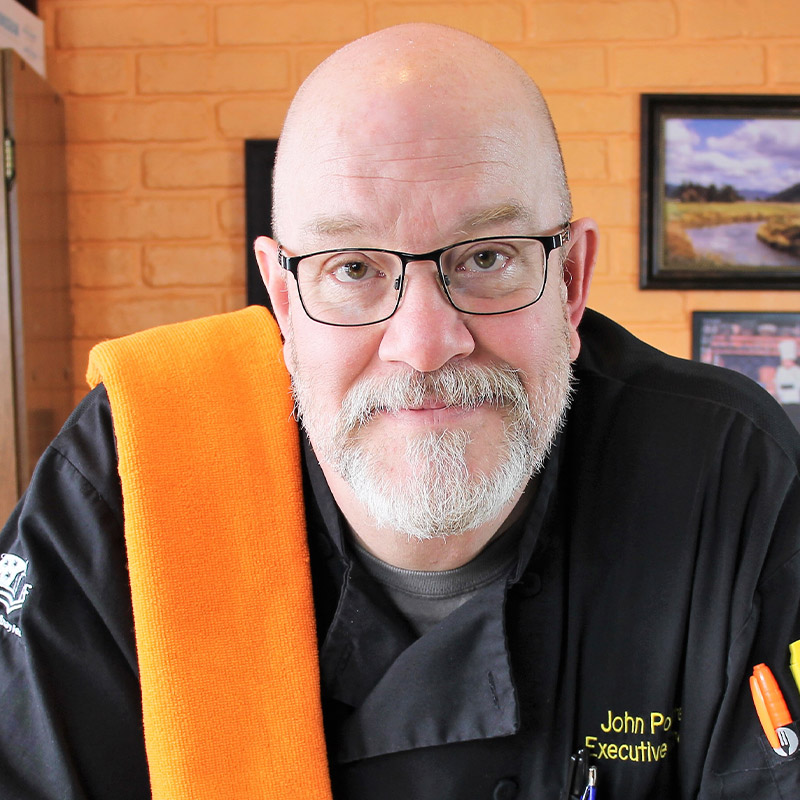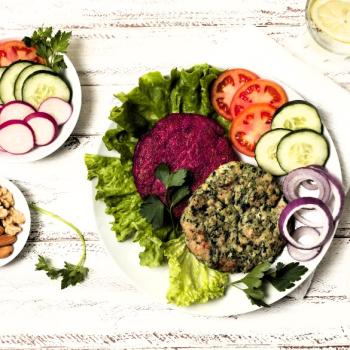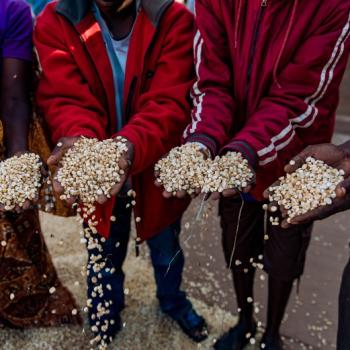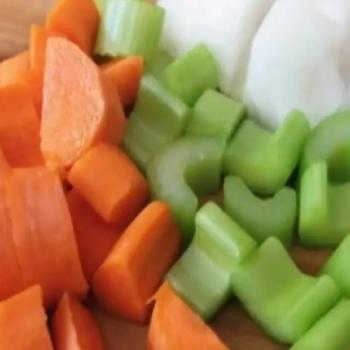 What Were the Spice Routes?
What Were the Spice Routes?
To understand religions’ journey along the spice routes, we need to consider the region and scope of the spice routes. The spice routes were a sea and land trade network between ancient and medieval times. They facilitated the exchange of highly valued commodities between the East and West. Spices, such as cinnamon, ginger, nutmeg, and pepper, were the main items transported. The routes spanned from the Middle East to India, Southeast Asia, and China and were controlled by various empires and kingdoms throughout history. The trade of spices was highly lucrative and brought immense wealth to those who controlled it. The spice trade also significantly shaped the region’s religion, economy and culture, leaving a lasting impact on the world’s history.
How Did Religion Join the Spice Routes?
Religion and the spice trade have a long and intertwined history, dating back to ancient times when spices were valued for their medicinal and culinary properties. The spice trade was a vital component of the world economy and was instrumental in shaping many societies’ cultural and religious practices.
Religion played a significant role in the spice trade, as many spices were considered sacred and used in religious ceremonies. For example, in ancient Egypt, using frankincense and myrrh in religious rituals was common. These spices were also used in embalming practices and were believed to have healing properties. In Hinduism, the use of spices such as turmeric, cardamom, and cinnamon in religious ceremonies is still prevalent today.
The spice trade also played a crucial role in the spread of religion. As traders traveled to new regions, they brought their religious beliefs with them and introduced them to the local population. For example, the spread of Islam in Southeast Asia was facilitated by Arab spice traders who brought their religion and culture with them. Similarly, Christianity was introduced to India by Portuguese traders who arrived in the country in the 16th century.
Not Just Religion, But Economic and Political Impact
The spice trade also had a significant impact on the economy and politics of many regions. The demand for spices was high, and many countries sought to control the trade routes and monopolize the market. This led to the rise of powerful empires such as the Portuguese, Dutch, and British, who established trading posts and colonies in Asia and Africa. The competition for control of the spice trade was fierce, and it led to conflicts and wars between rival powers.
Religion also played a role in the politics of the spice trade. The Portuguese, who were predominantly Catholic, sought to spread their religion in the regions where they had established trading posts. They built churches and converted the local population to Catholicism. Similarly, the Dutch, who were Protestant, established Protestant churches in their colonies and sought to convert the local population to their religion.
A Worldwide Culinary Renaissance
One of the most significant impacts of the spice trade was on the cuisine of many regions. The introduction of new spices and flavors transformed the way people cooked and ate. Spices such as cinnamon, nutmeg, and cloves were used to flavor sweet dishes, while others like cumin, coriander, and turmeric were used in savory dishes. The use of spices also had a significant impact on the preservation of food, as they were used to preserve meat and fish.
Medicinal Properties
The spice trade also had a significant impact on the development of medicine. Many of the spices used in cooking were believed to have medicinal properties, and they were used to treat a variety of ailments. For example, ginger was used to treat digestive problems, while cloves were used to relieve toothache. The medicinal properties of spices were studied by physicians and scientists, leading to the development of modern medicine.
The Impact of Religions Journey Along the Spice Routes
Religions journey along the spice route has a long and intertwined history, and they have had a significant impact on the cultural, economic, and political development of many regions. The spice trade facilitated the spread of religion, the development of medicine, and the transformation of cuisine. It also led to the rise of powerful empires and the competition for control of the trade routes. The impact of the spice trade is still felt today, and spices continue to be valued for their flavor and medicinal properties.
A Taste of North Africa
One of my favorite seasoning blends is Ras el Hanout, a flavorful spice blend that originates from North Africa. It is made up of a unique combination of aromatic and exotic spices such as cumin, coriander, cinnamon, turmeric, and ginger, among others. The name translates to “head of the shop” in Arabic, as it was traditionally made by the spice merchant who would use his best spices to create this special blend. Ras el Hanout is commonly used in Moroccan cuisine, particularly in tagines and couscous dishes, and is a staple ingredient in many households. Its complex flavor profile adds depth and richness to any dish it is used in, making it a must-have for any spice collection. Below is my recipe for Ras el Hanout.
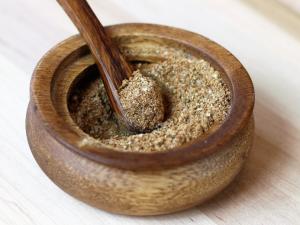
Ras El Hanout
Ingredients
- 1 Tablespoon ground cumin
- 1 Tablespoon ground ginger
- 2 Tablespoons kosher salt
- 2 ½ teaspoon ground black pepper
- 1 ½ teaspoon cinnamon
- 1 ½ teaspoon ground coriander seeds
- 1 ½ teaspoon cayenne
- 1 ½ teaspoon allspice
- ¾ teaspoon cloves
Method
- Whisk together all the ingredients until well combined.
- Store in an airtight container out of the sunlight for up to 3 weeks

